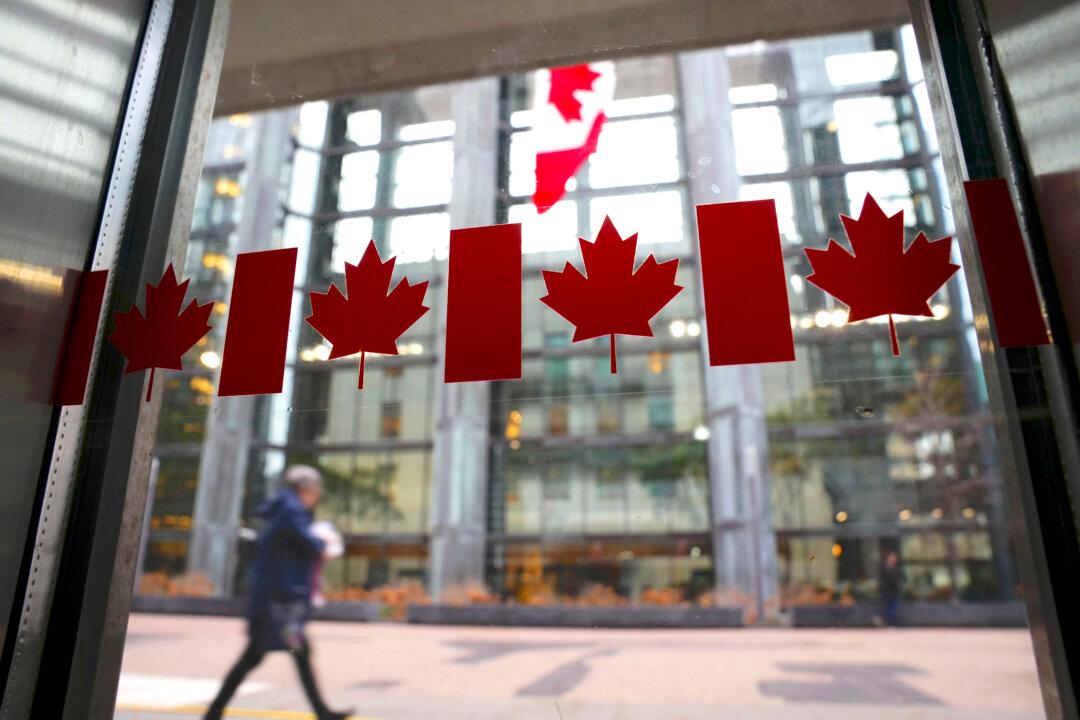Commentary
For economic prognosticators, the year that just ended threw up some big surprises, including the first land war in Europe since 1945, spiralling inflation, and a series of rapid-fire interest rate increases as panicked central bankers rushed to tame soaring prices.



